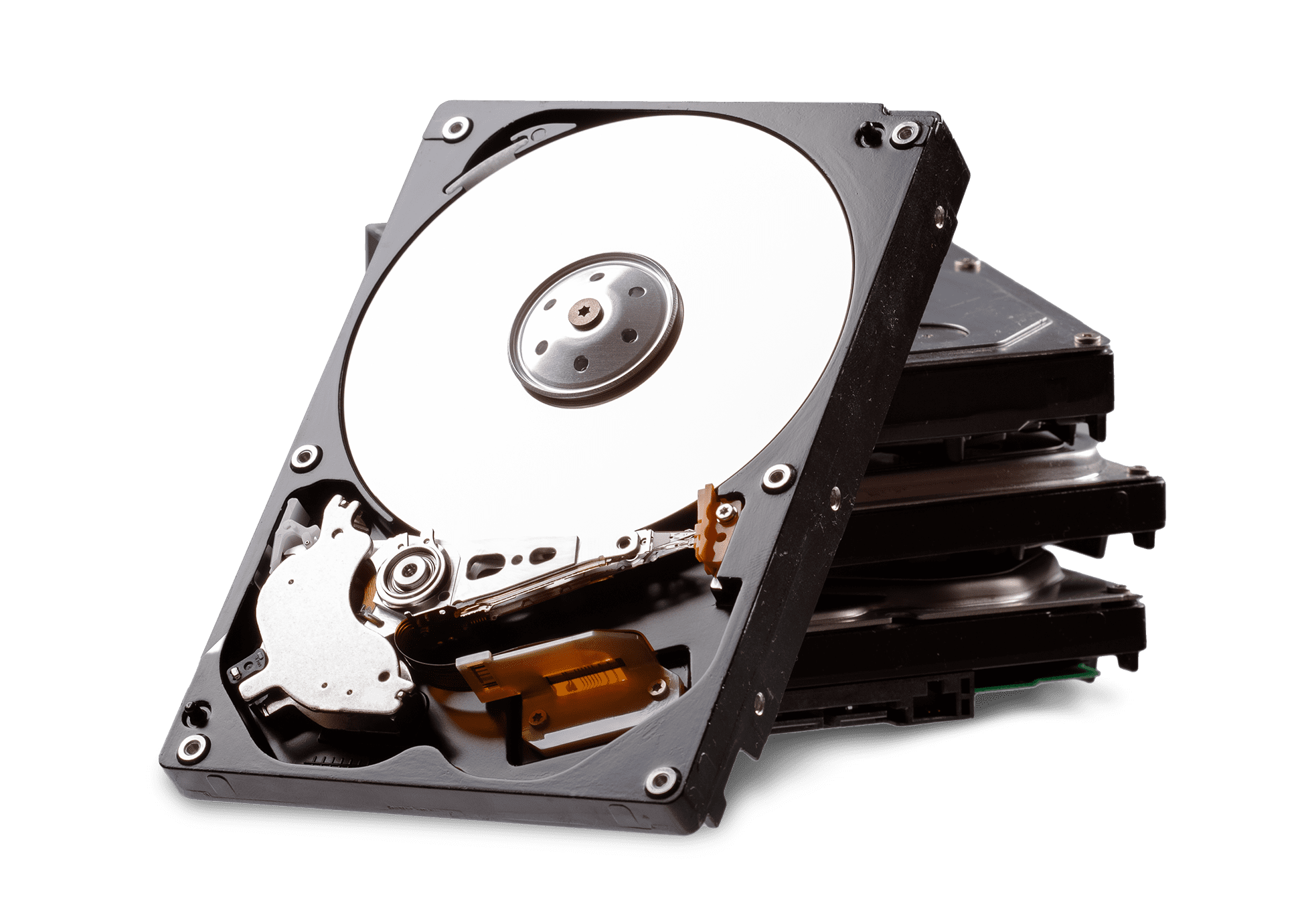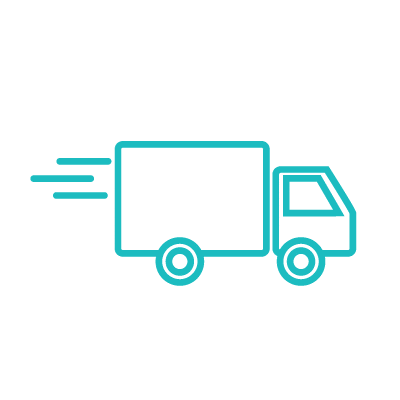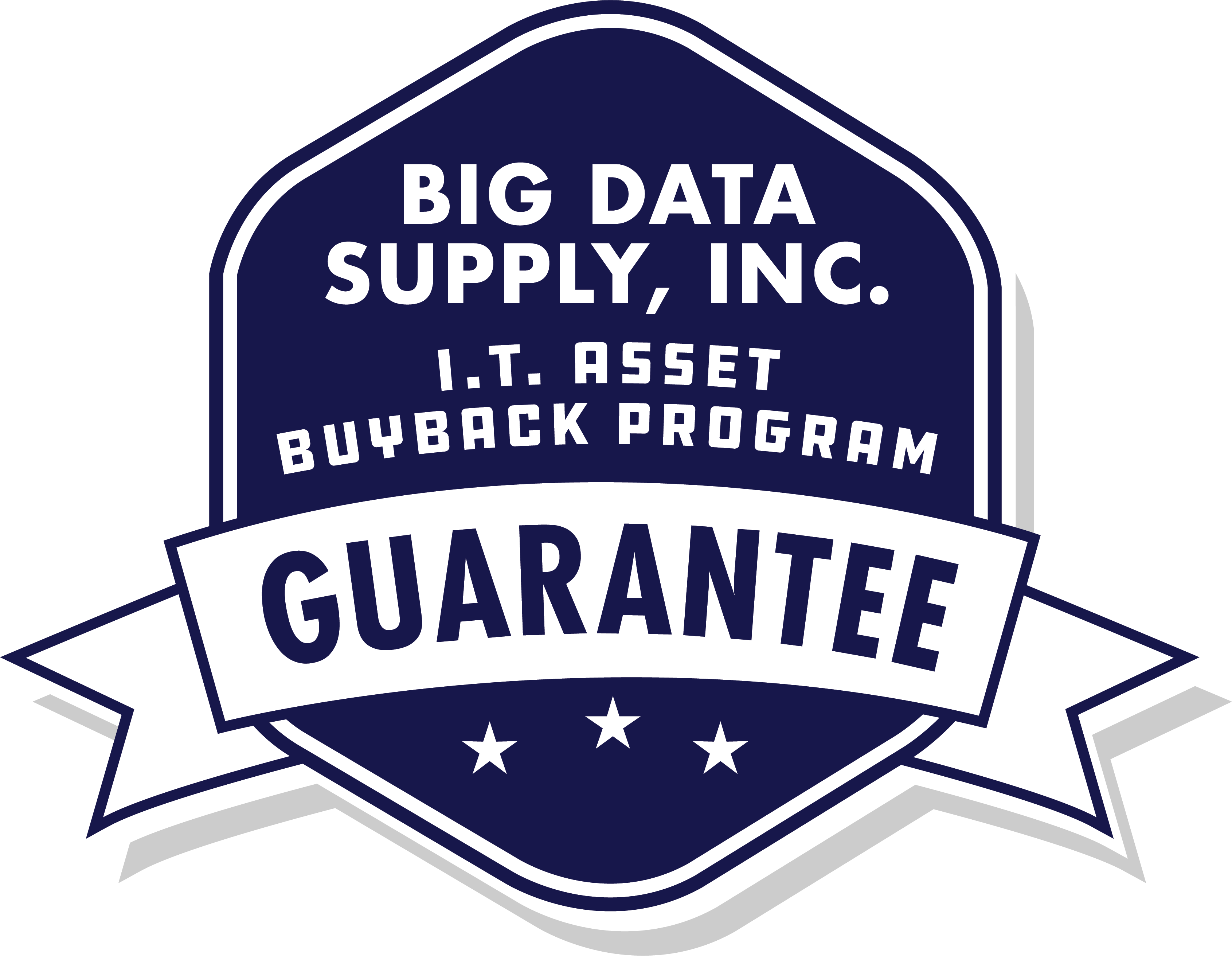Frequently Asked Questions
Why Sell Your Used Hard Drives?
When you have unused, idle old hard drives lying around, a viable option to maximize the value of the drive is to sell them for extra cash.
If the hard drive is still in a relatively good condition and not too old with a decent resale value, and yet you don’t want to reutilize it for one reason or another, then it’s better to sell it rather than physically destroying/recycling a hard drive.
While there’s always the concern of data security when selling old hard drives, it’s possible to securely delete residual data from the hard drive and ensure the data cannot be recovered by anyone with our data destruction solution.
Is It Safe To Sell Used Hard Drives?
The main concern of many people when selling their old hard drives is whether the data stored within the sold hard drive can be accessed by the buyer (or other parties after the hard drive was sold). This has caused many people to feel reluctant in selling their used hard drives.
While it’s true that it’s possible for people with adequate know-how (including hackers and cybercriminals) to recover residual data already erased from the hard drive, there are methods and tools you can use to securely eradicate the data stored within the hard drive and prevent recovery of residual data.
A viable option to ensure the security of your data (which may be legally required by local legislation) and your privacy is to sell your used hard drives to credible IT asset disposition services like Big Data Supply Inc. that will handle all the needs of securely eradicating the data stored within the hard drive. Big Data Supply Inc. will also provide a certificate of data destruction for each hard drive you sell to us, a formal audit document that can help ensure your organization’s compliance with relevant data security and risk management regulations.
What Is The Value of Used Hard Drives?
How much are your old hard drives worth? The answer would vary depending on various different factors including but not limited to:
Condition: whether there’s any defect (functional or cosmetics), how old the hard drive is, whether it has since been replaced with a faster/better model
Storage size: hard drive sizes can vary from as small as below 100 GB to more than 16 TB
Type: traditional HDD (with motorized disk) or SSD (Solid State Drive)
Brand: Toshiba, Seagate, etc.
Model: check the manufacturer’s part number
RPM: (for standard HDD), 5400, 7200, 10k, 15k
Transfer rate speed: 190 MB/S
Physical size: 2.5” or 3.5”
What Should I Do With My Old Hard Drives?
There are basically three main options you can do with your old hard drives, depending on the hard drive’s reusability and resale value:
Reutilize
If the old hard drive is still working well, then it’s a viable option to reutilize these old hard drives, for example by using the hard drive in another device, or by converting it into an external drive.
Before you can reutilize a hard drive, you have to first determine whether the old hard drive is in a good condition. As a general rule of thumb, the drive should not be older than five years and you should also check the drive’s health to ensure it’s still in a good state.
Sell
If the hard drive is still relatively new and is still in a good condition, it might have a relatively high resale value, so selling the old hard drive for extra cash can be an ideal option.
The main concern when choosing to sell your used hard drives for extra cash is secure data eradication, but partnering with reliable ITAD vendors like Big Data Supply Inc. can ensure secure data erasure in compliance with ISO standards.
Disposal
If the old hard drive is both unusable and with a low resale value, then the only viable and secure option is to dispose of or recycle the old hard drive. Physical destruction will 100% ensure that the data on your hard drive won’t be recovered by others.
A common way to “destroy” your old hard drives is by shredding the hard drive or running the drive through a degausser.
How Do You Prepare a Hard Drive for Recycling or Selling?
The answer would depend on many different factors from the type/model of the hard drive and others. However, basically you’ll need to securely wipe the data stored within the drive and make sure the data is unrecoverable. Physical destruction is the safest bet, and you could try many ways to destroy your hard drive before selling it: degaussing/magnets, running over it with your vehicle, etc.
However, you’ll also need to be able to verify whether the data is indeed unrecoverable, and this is why it’s best to recycle or sell your old hard drive to a certified recycler like Big Data Supply Inc. unless you have state-of-the-art equipment to securely wipe the hard drive and verify that the data is unrecoverable.






